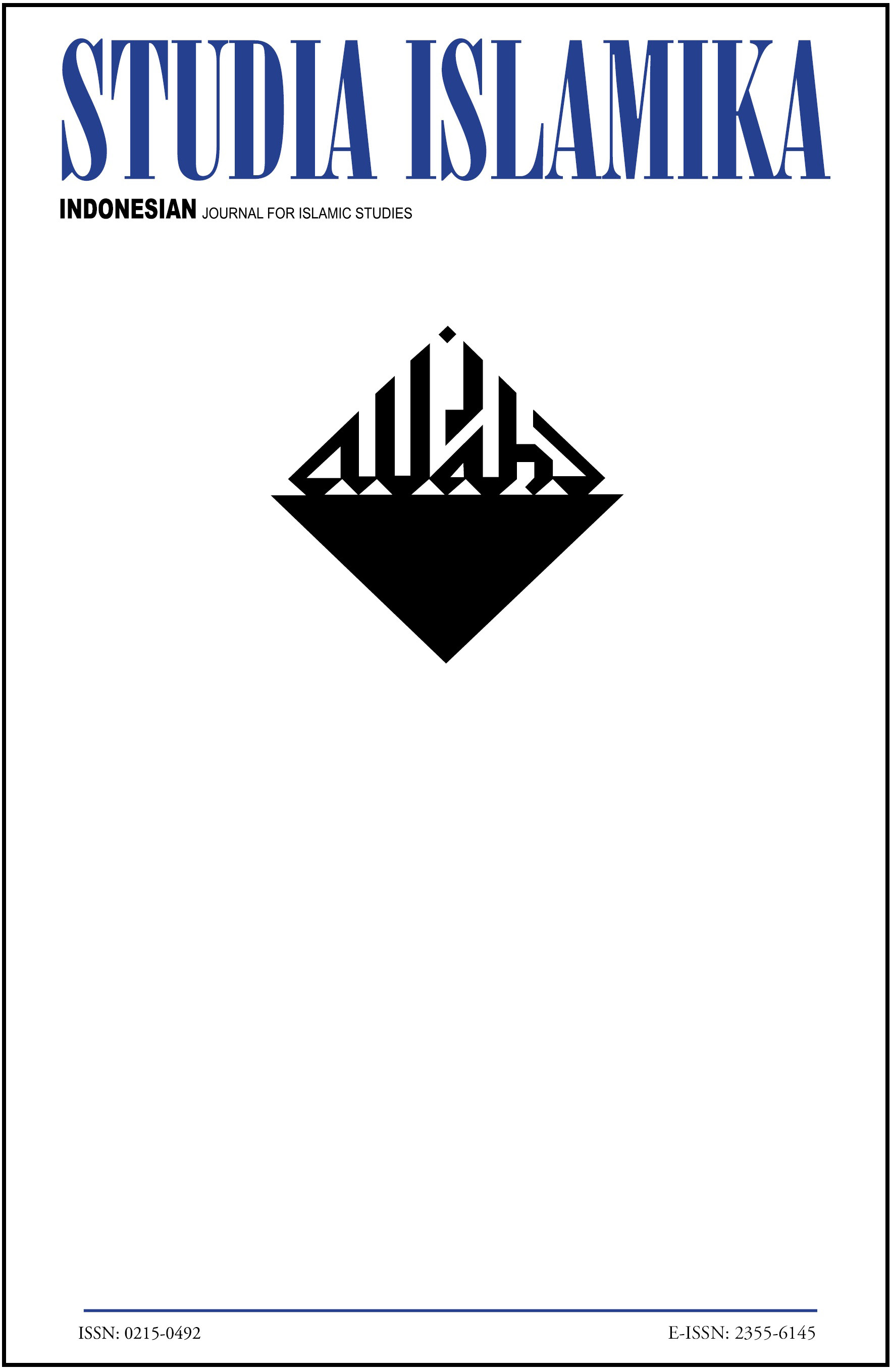Abstract
In the context of Indonesianism and Islamism, religion teachers serve as avant garde of tolerance, which is then manifested into their social contexts. The attitude of religious tolerance and inclusivity are must have for religion teachers; since these teachers have the closest connection to their students who are mostly young people. We have observed that the increasing radicalism in educational institutions has been associated with particular models of interpretation, understanding, teaching, schools of thoughts, denomination, and even sects within a particular religion. For instance, an international agency has reported the discovery of an "intolerance curriculum" in Saudi Arabian schools (Freedom House, 2006).In Indonesia, the growth of radicalism was due to scriptural, rigid, exclusive, and close-minded interpretation towards religious scripts. In 2008, PPIM (Center for the Study of Islam and Society) UIN Syarif Hidayatullah Jakarta released an important finding that "the majority of religion teachers in Indonesian public schools have exclusive and conservative view towards religion."DOI: 10.15408/sdi.v24i2.5707Authors who publish with this journal agree to the following terms:
- Authors retain copyright and grant the journal right of first publication with the work simultaneously licensed under a Creative Commons Attribution License that allows others to share the work with an acknowledgement of the work's authorship and initial publication in this journal.
- Authors are able to enter into separate, additional contractual arrangements for the non-exclusive distribution of the journal's published version of the work (e.g., post it to an institutional repository or publish it in a book), with an acknowledgement of its initial publication in this journal.
- Authors are permitted and encouraged to post their work online (e.g., in institutional repositories or on their website) prior to and during the submission process, as it can lead to productive exchanges, as well as earlier and greater citation of published work.
Downloads
Download data is not yet available.

